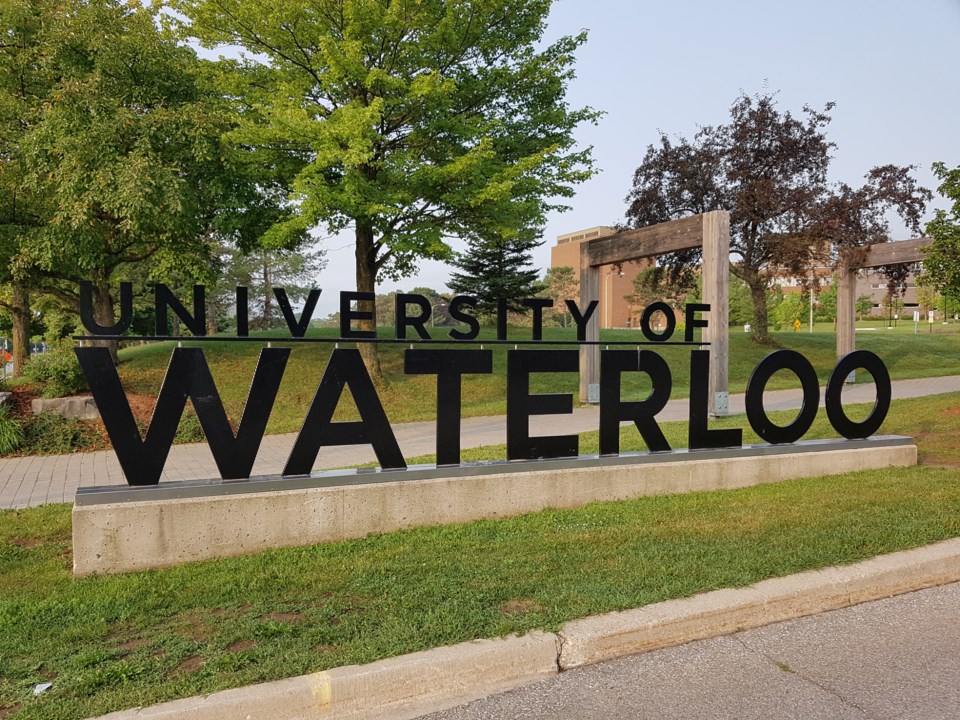Researchers at the University of Waterloo are exploring a new method that could rapidly change how we develop vaccines for viruses, such as COVID-19, in the future.
The new method could identify future COVID-19 like viruses, within just minutes, and identification is a key step in then developing a vaccine for those viruses.
The machine learning-based method uses an alignment-free approach to identify the virus, this means no biological knowledge of the virus is needed to identify what we may be dealing with, and whether we should be alarmed.
"With this method, when there is a new virus like COVID-19, we will be able to identify what it is more quickly, enabling us to start working towards vaccines and treatments," said Lila Kari, a professor at the Waterloo's David R. Cheriton School of Computer Science, and one of the authors of this study. "Now that we have this technique, if another virus like COVID-19 was to affect the human population, we will be better prepared."
In a release, the university writes, “This novel method essentially extracts characteristics from the entire COVID-19 virus genome and compresses them into what the authors call a numerical "genomic signature". The COVID-19 viral genomic signature is then compared with the genomic signatures of all known existing viruses, to determine their relatedness.”
Around 5,300 available viral genomes were examined for this research.
This approach classified the COVID-19 virus with 100% accuracy, and found its genome is most closely related to three other bat virus genomes.
"As recent events have shown, rapid identification of pathogens is of utmost importance," said Kari. "While we cannot turn back the clock for COVID-19, hopefully having instant identification tools will help determine the potential seriousness of future outbreaks."
A study detailing the new method, titled "Machine learning using intrinsic genomic signatures for rapid classification of novel pathogens: COVID-19 case study", authored by Kari and University of Western researchers, Gurjit Randhawa, Maximillian Soltysiak, Hadi El Roz, Camila de Souza and Kathleen Hill, was recently published in the journal PLOS ONE.



